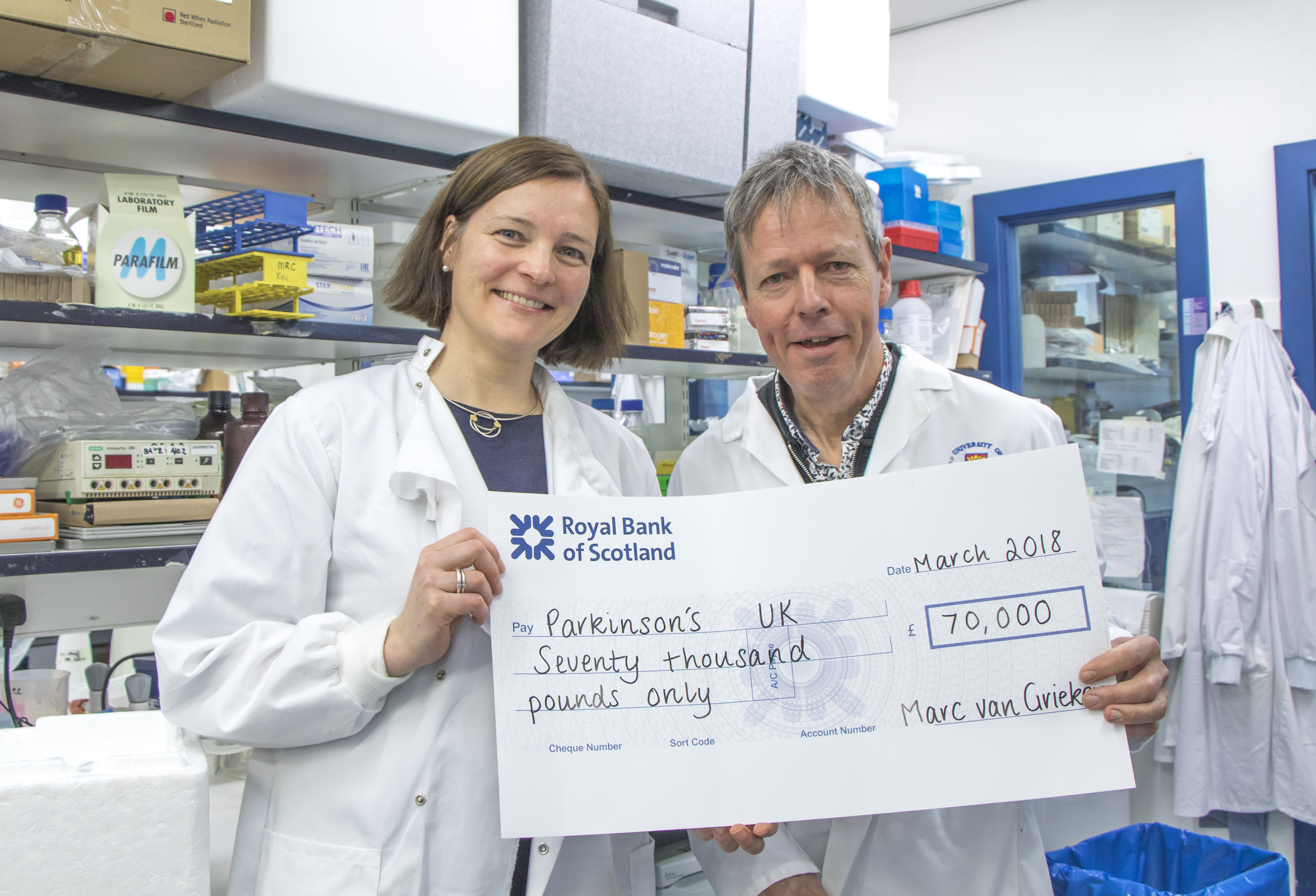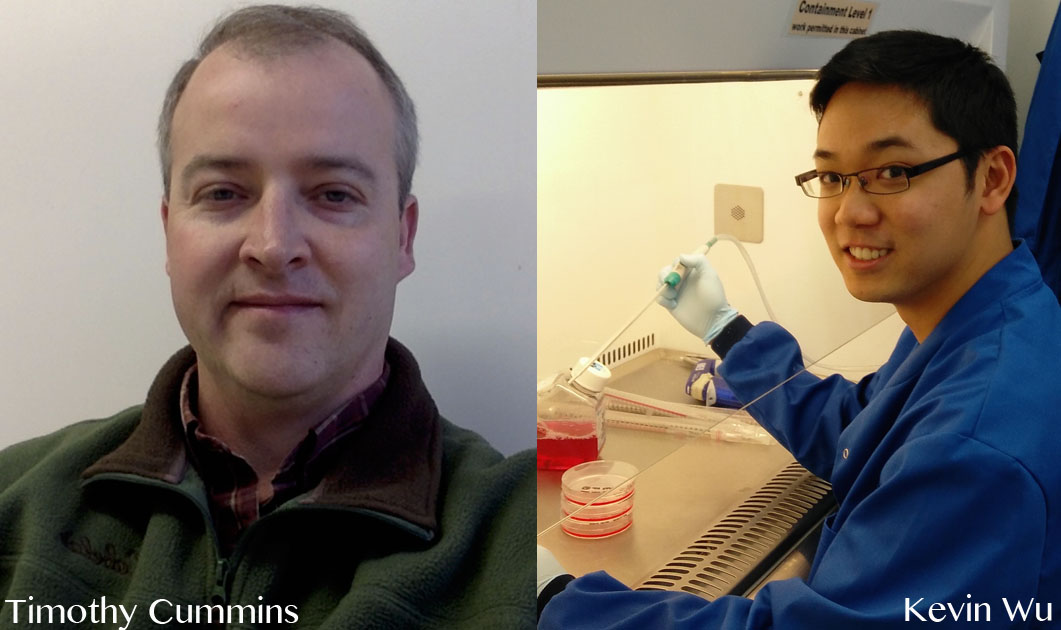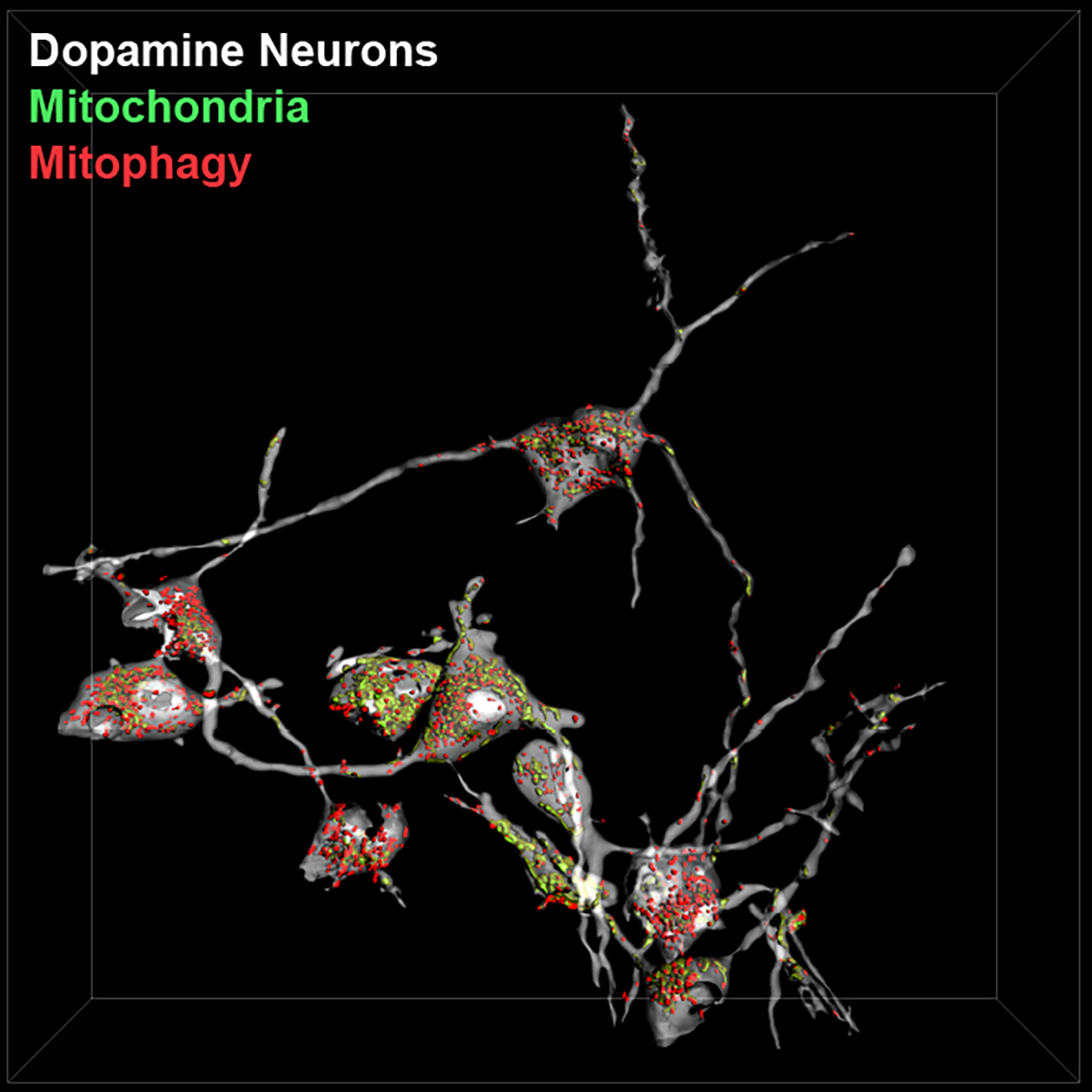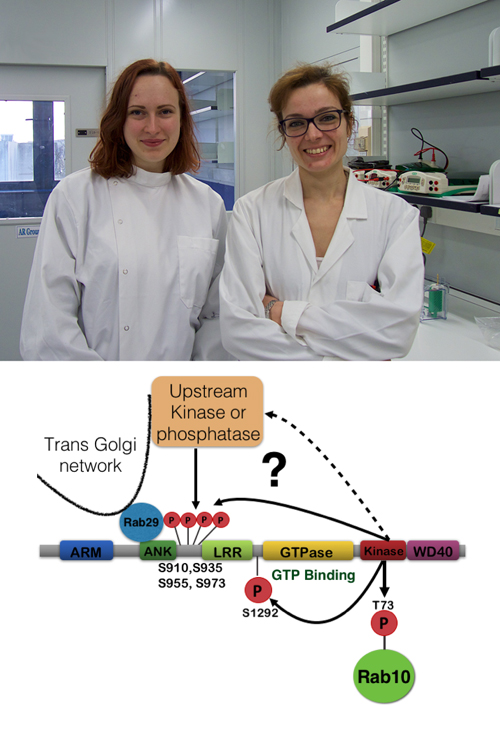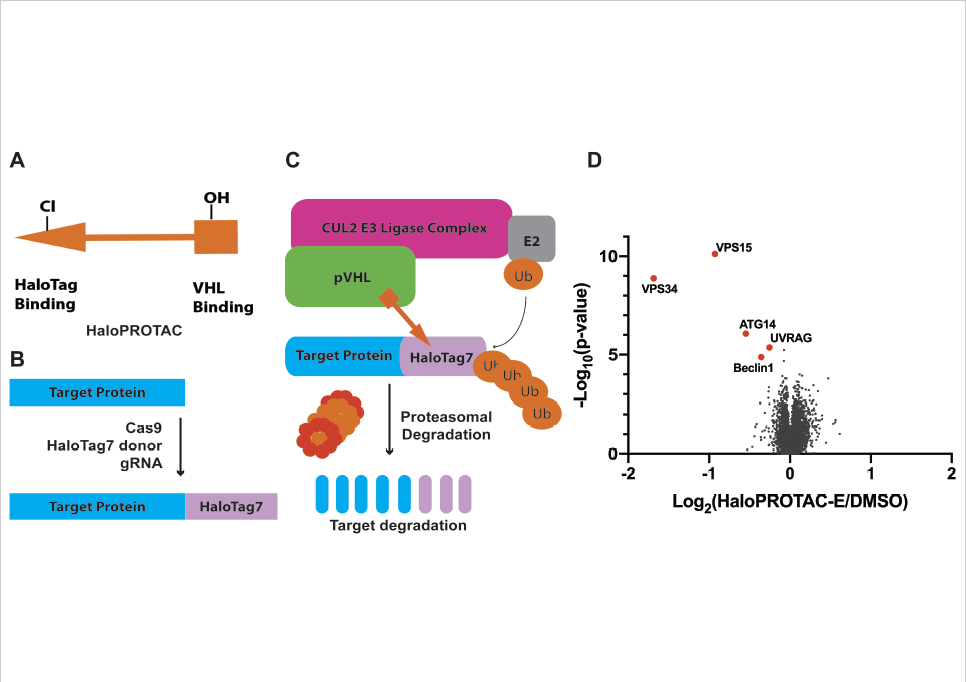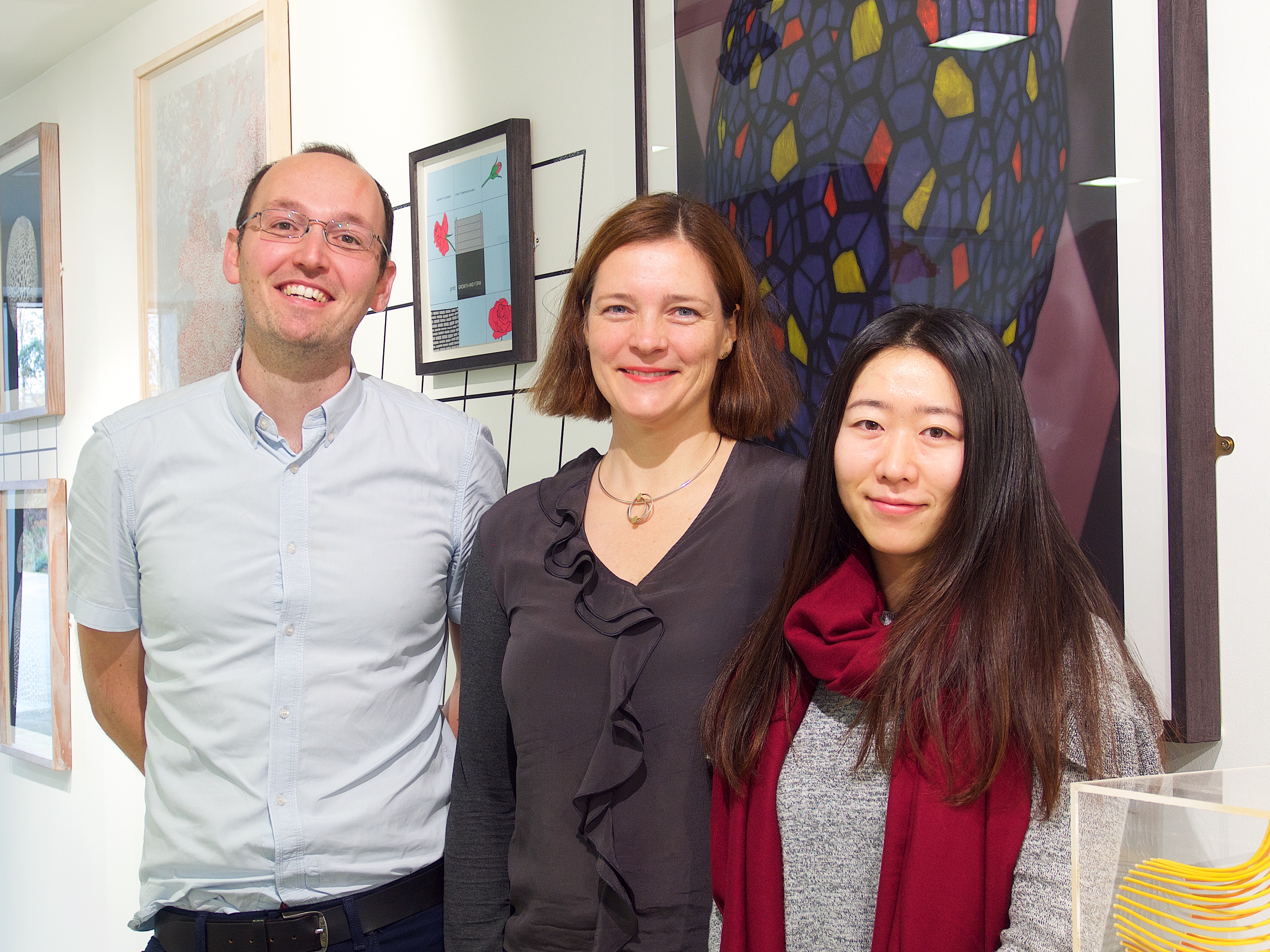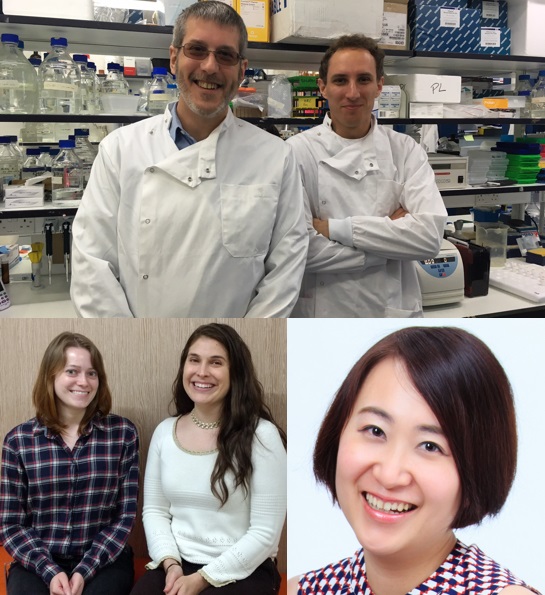News
Many congratulations to Pat Eyers, a PhD student in Philip Cohen’s laboratory in the MRC PPU from 1996-2000, who has just been promoted to Professor at the University of Liverpool’s, Department of Biochemistry.
…moreMuch research has focused on understanding how mutations in a protein kinase termed LRRK2, predisposes to Parkinson’s disease. Most pathogenic mutations occur within the kinase domain (G2019S) and GTPase ROC/COR domain (R1441G and Y1699C) of LRRK2.
…moreDerailment of the PI3K signalling network contributes to many human diseases including cancer.
…moreThe University of Dundee held a special celebration for its staff members who had been in post for 25 years!
…moreThere is compelling evidence that mutations which stimulate the activity of the LRRK2 protein kinase, cause Parkinson’s disease. Orally bioavailable, brain penetrant and potent LRRK2 kinase inhibitors are in the later stages of clinical development. There is also increasing indication that LRRK2 is over-activated in some patients with sporadic Parkinson’s disease.
…moreMutations that activate the LRRK2 protein kinase, predispose to Parkinson’s disease, suggesting that LRRK2 inhibitors might have therapeutic benefit.
…more

